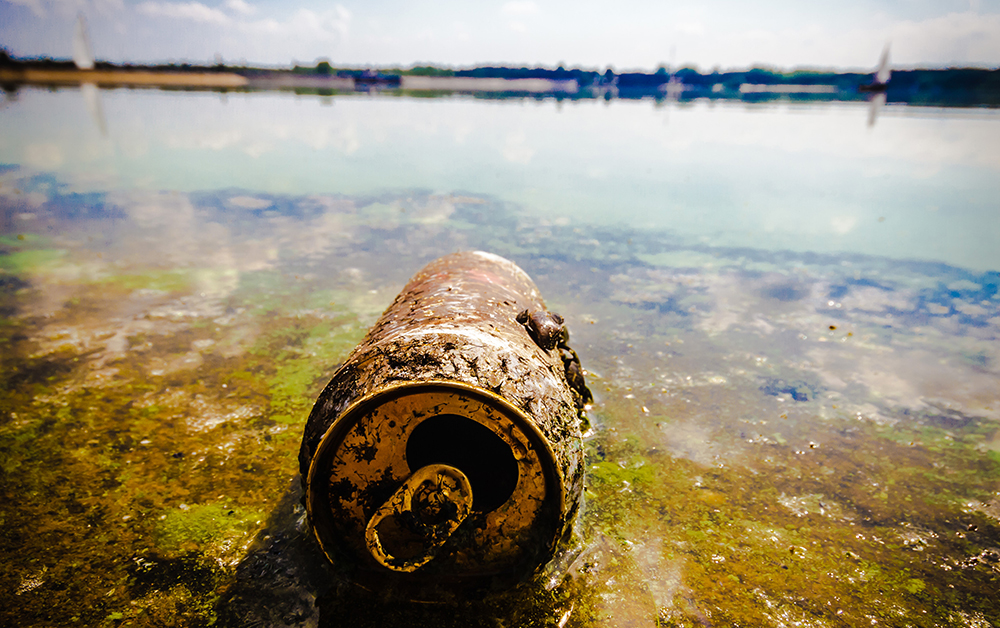
Contaminated industrial sites in cities across Canada have polluted land and water, stalled new developments, and created abandoned lots in urban areas.
Until recently, it was tough for Canadian researchers and journalists to understand the national scope of the problem.
But open access to government data has changed all that. CBC Investigative Journalist David McKie has reported on contaminated sites across the country that are owned by the federal government—thanks to open access government data. He argues it’s time for reporters and writers to start interpreting that data for the public.
“Journalists don’t realize the reach, the scope and the possibility of having access to this data,” explains McKie, who also teaches data journalism at Carleton. “This is a wake-up call to help journalists redefine their careers.”
McKie will offer his data journalism course in an intensive weekend workshop called “Telling Your Story with Data” beginning with a meet-and-greet session the evening of June 24 and continuing with full-day sessions on June 25-26. He’ll be joined by Glen McGregor, a national affairs reporter and data-journalism specialist for the Ottawa Citizen, who is also a trainer with the Canadian Association of Journalists.
“Our course is designed to give participants the technical skills they need to start working with data using spreadsheets, mapping, and other software,” says McGregor. “And they will go back to their newsrooms with a bunch of stories they can use right away.”
Workshop participants will use Microsoft Excel, either at the beginner level or an advanced level, depending on their experience. They’ll also learn the fundamentals of mapping software, which can reveal stories based on geographic data, as well as the open-source database management software MySQL. Finally, the instructors will teach a session on “web-scraping”, which bypasses traditional search engines to find data on the internet.
“This course was a great opportunity to really get my brain thinking about possible story ideas and ways I can use data techniques to expand on my reporting—to either add an extra dimension or find the stories that often get overlooked,” says Rachel Aiello, a reporter for The Hill Times in Ottawa.
McKie stresses that the course is designed not only for journalists, but for writers and researchers as well: “Whether you work for a small weekly newspaper, an NGO, or as an independent researcher, you can learn to maximize these skills to help you do your job better.”
For more information about the workshop, and to register, click here.